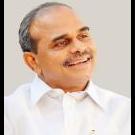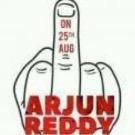-
-
Popular Now
-
-
Tell a friend
-
-
Most viewed in last 30 days
-

-
 24
24CaptainMaverick · Started
-

-

-

-
 32
32CaptainMaverick · Started
-

-

-

-

-

-

-

-

-

-

-

-
-

-

-




CaptainMaverick · Started




CaptainMaverick · Started














Recommended Posts